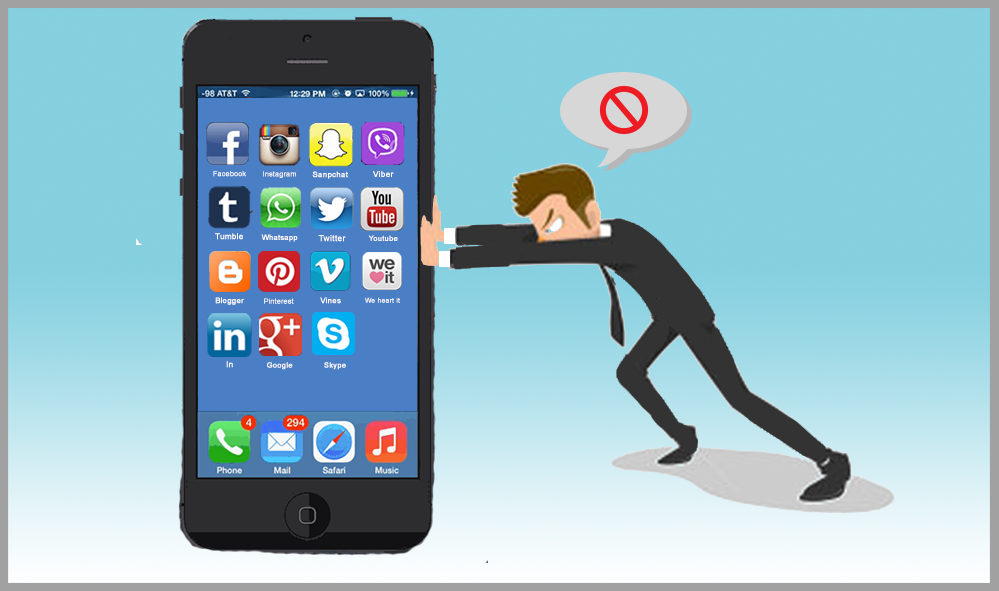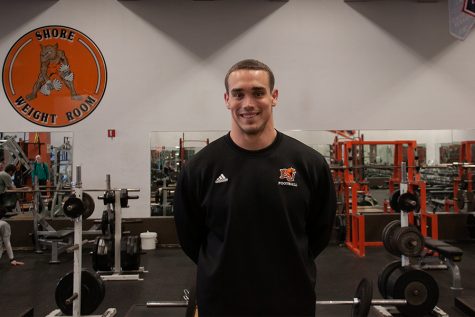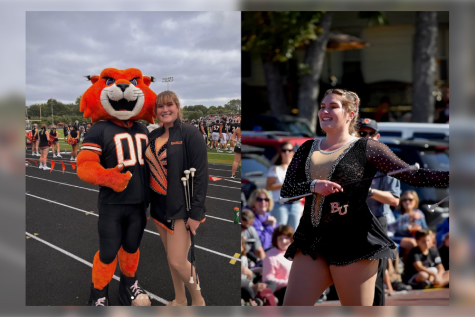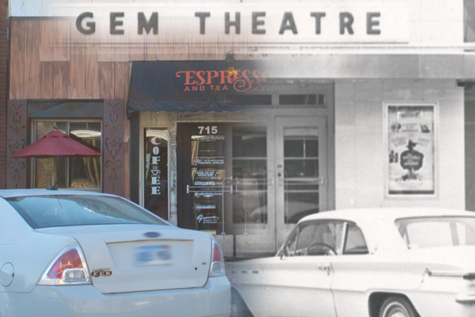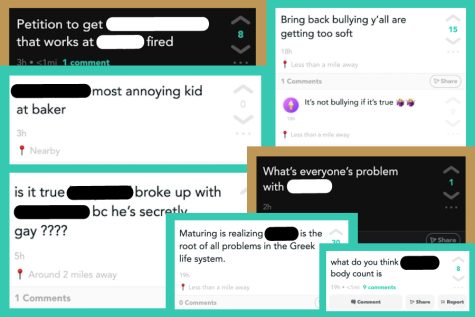Social media plays a huge role in students’ lives. Should it?
February 17, 2016
We all follow that one person who is somehow always traveling to amazing foreign places, eating rich cuisine and smiling, while we are sitting at home scrolling through Instagram, Twitter, Snapchat and Yik Yak while watching Netflix for the third night in a row, eating day-old pizza alone … yet again.
Social media in our generation has been called impersonal, harmful and even dangerous, and ironically many people are making these criticisms on Facebook posts.
I was recently challenged to find Baker students who do not use any type of social media. Guess what? I could not find a single person who truly had absolutely no accounts. Sure, Alec Fox hasn’t tweeted since last October. And Taylor Ficke has sent a total of three snapchats in his entire lifetime and doesn’t even have an Instagram account, but no person was truly “off the grid” However, what I did conclude was that these young men were on to something.
Studies have shown that people who are constantly checking Facebook, Twitter and other social media applications are actually much unhappier. Constant scrollers tend to forget that others tend to post only their highlight reels, or what is known to sociologists as a “social comparison.”
We’ve all been jealous. Someone we follow on social media posts a picture and we think “Wow, that person totally has it together!” This is known as a downward comparison, because we are mentally claiming ourselves as inferior.
There is also an upward comparison, such as when someone posts a selfie with their eyebrows just a little too filled in and their hair looking a mess and we can’t help but thinking, “Well at least, I’m doing better than that chick.” Over time these comparisons have a serious impact on us and can even harm self-confidence and lead to depression.
Another concern is the general public getting their news from sites such as Facebook and Twitter. Over time people have decided that a domain featuring selfies of 12-year-old girls and GIFs of Donald Trump’s toupee falling off is also a place to find factual information and evidence to shape our political opinions. Many social media users accept just about anything they read online, forgetting the possible biases and the fact we are essentially only following accounts that express our views anyway.
Jillian Miller, a BU social media queen with 31.7k tweets, said it best, “Social media has taught us to figure our self-worth on how many likes or retweets or favorites we get, and honestly that should not be an actual indicator. While yes, it does feel good and it can boost self confidence momentarily, it is not worth basing your happiness on.”
So next time you feel like being the person to post a 200 second-long snap story of you singing at a concert, how about you just actually enjoy the concert in real life instead. We are all guilty of self-absorption on social media, but a little moderation can go along way toward happiness.
Go ahead and log out. Put the phone down for a few hours. Go outside. Try having an old school face-to-face conversation. People before us did it for centuries, and you can, too. Also reflect and remind yourself why the heck you care so much about how people who may not even know you view you?
You would be surprised how great life can be when you stop trying to appear like you’re having the time of your life and actually go do it instead.



